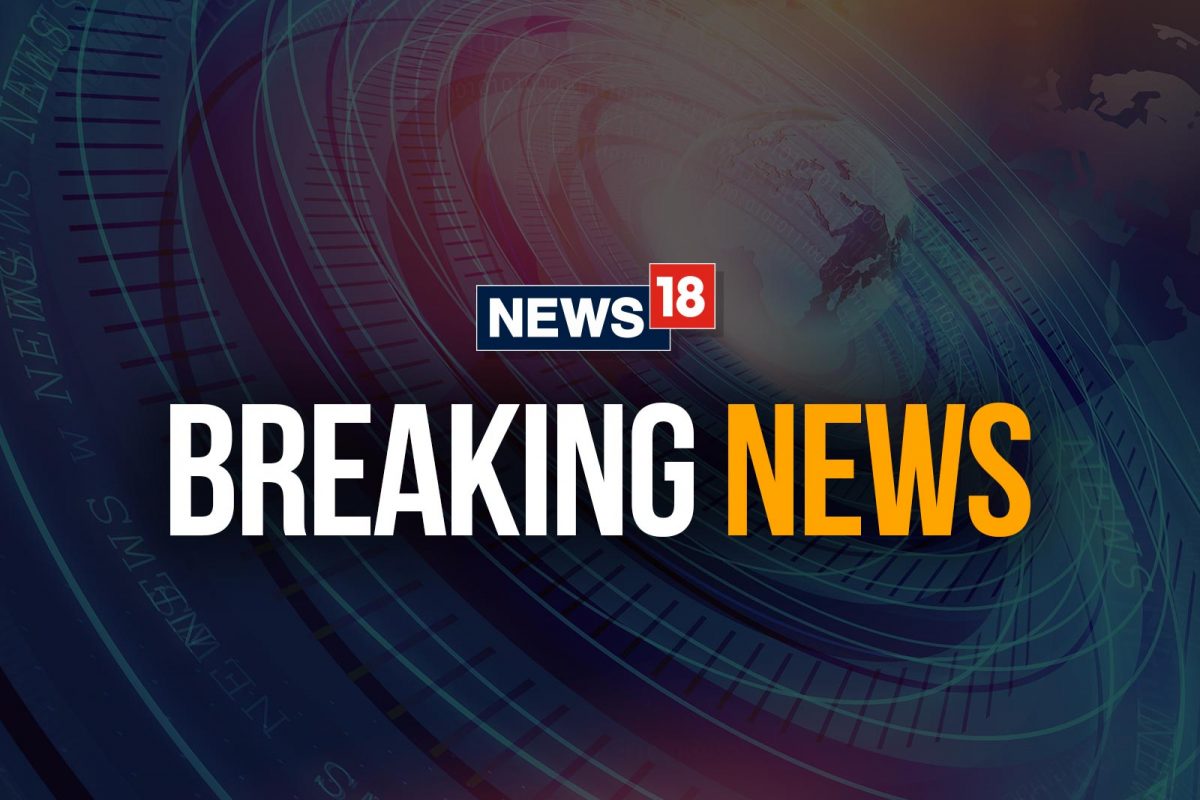

In a firm assertion, Defence Minister Rajnath Singh has called upon Pakistan to hand over key figures wanted in India for their involvement in terrorist activities, specifically naming Hafiz Saeed and Masood Azhar. This demand comes amidst heightened tensions and a recalibrated approach towards dealing with cross-border terrorism emanating from Pakistan.
Singh's statement underscores India's long-standing grievance regarding the harboring of terrorists within Pakistani territory. Hafiz Saeed, the head of Lashkar-e-Taiba (LeT), and Masood Azhar, the chief of Jaish-e-Mohammed (JeM), are accused of masterminding numerous attacks on Indian soil, including the 2008 Mumbai attacks and the 2019 Pulwama attack, respectively. These groups have been designated as terrorist organizations by the United Nations, and both Saeed and Azhar have been individually sanctioned.
The demand for their extradition is not new, but it gains significance in the current context of strained relations between the two countries. Recently, India conducted Operation Sindoor, a military response to the Pahalgam terror attack, targeting terrorist infrastructure inside Pakistan and Pakistan-occupied Kashmir (PoK). This operation, according to Singh, demonstrated India's resolve to combat terrorism with decisive action.
Furthermore, India has hardened its stance on dialogue with Pakistan, asserting that future talks will focus solely on terrorism and the issue of PoK. Singh has emphasized that Pakistan is now "paying a heavy price" for sponsoring terror, suggesting a shift in India's approach towards dealing with cross-border militancy.
The call for handing over Saeed and Azhar also reflects a broader frustration with Pakistan's perceived inaction against terrorist groups operating within its borders. Indian officials have pointed out that despite international pressure and evidence of their involvement in terrorist activities, these individuals continue to enjoy freedom in Pakistan.
Echoing similar sentiments, India's Ambassador to Israel, JP Singh, questioned why Pakistan couldn't hand over these terrorists when the United States could extradite Tahawwur Rana, an accused in the 26/11 Mumbai terror attacks. He also highlighted that the Indus Water Treaty has been put in abeyance due to Pakistan's persistent support for cross-border terrorism.
Rajnath Singh has also addressed the issue of Pakistan-occupied Kashmir (PoK), stating that the people of PoK are part of the Indian family and will one day return to the mainstream of India. He said that India has always followed the path of love, unity, and truth, and the integration of PoK with India depends on the cultural, social, and economic prosperity of this country.
The Defence Minister highlighted the success of Make-in-India during Operation Sindoor, stating that the Indian Armed Forces would not have been able to take effective action against terrorism in Pakistan and PoK if the nation had not strengthened its indigenous defence capabilities. He also lauded Make-in-India for the Indian Army's success during Operation Sindoor.
In conclusion, Rajnath Singh's demand for Pakistan to hand over Hafiz Saeed and Masood Azhar is a strong message reflecting India's firm stance against terrorism and its commitment to seeking justice for the victims of terrorist attacks. It also signals a more assertive approach towards Pakistan, with a clear emphasis on addressing the issue of cross-border terrorism as a prerequisite for any meaningful dialogue.